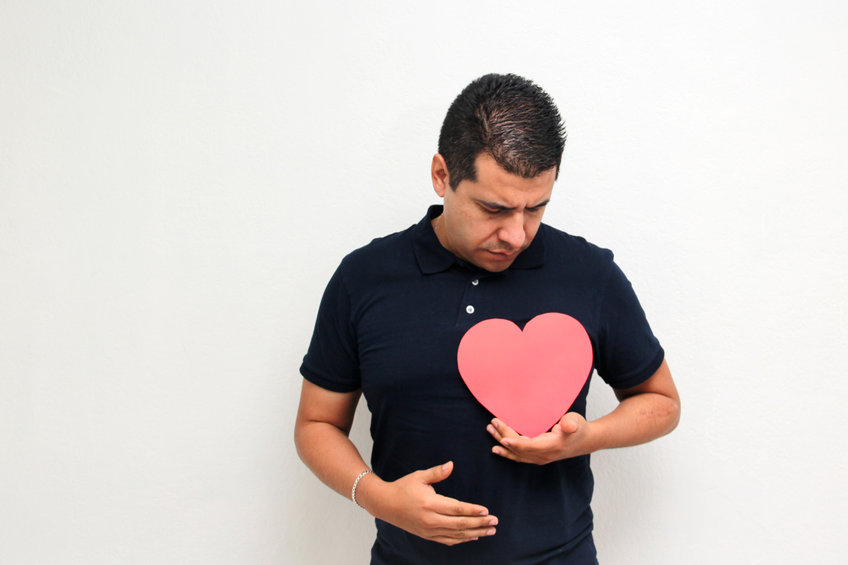Thoughts on Father’s Day
By David Swindell, Guest Contributor, and Chris’s Dad
As different as fathers are, so are our feelings about Father’s Day. As bereaved fathers, we are bound by that common thread. Fathers of children who have died from overdose grieve the traumatic loss of life that their families struggled to save from that devastating outcome. Something in this experience creates an unspoken bond as we work to make sense of our grief while going through the motions of living.
I recently asked over a dozen bereaved fathers — many in a peer-led support group for Dads — what Father’s Day means to them. Most of their responses reflected emptiness, heartbreak, and what could have been: “The empty feeling makes my stomach turn.” “Not knowing what might have been hurts the most.”
The heartbreak of future memories that will never be made lies close below the surface. Men tend to keep their feelings hidden so that others view them as their “rock,” which further complicates their ability to express their sadness as they model strength for their families.
The desire of newly bereaved fathers to validate the existence of their deceased child while grappling with the reality and finality of death is further apparent in thoughts like “this can’t be real. I had a son. I wish you could have met him...Yes! I had a son. I have photos to show you if you like. Did I show you his drawings?” This is the beginning of the struggle to keep our beloved ones nearby for the remainder of our lives — in tangible memories and stories.
Though many wished Father’s Day didn’t exist, they still held tightly to memories of years past. None spoke of the negative memories of the insidiousness of addiction “I always try to focus on the positive thoughts.” “I feel I'm still very much in touch with my child, but just not in the physical sense. We now have a spiritual father-daughter relationship, and I'm OK with that.” “I would still give anything to give her a big bear hug!” Despite these differences, fathers expressed loving their children more than themselves and wishing they were still with us today.
Focusing on other children (if there are any) helps to serve as a temporary, paper-thin reprieve. It is but a fleeting escape from the pain of the gaping wound the deceased child has left in their hearts. “I have another son,” said one father, “and I always want to do something with him and stay busy the whole time.” “I remind myself that my other children need me to be there for them,” said another. In my case, I am grateful for the wonderful times I had with my son, Chris. He made me so proud, but like so many others, I continue to think about what might have been.
Processing the loss suffered by their grandchildren (whose father is no longer here) caused reflection and angst for many bereaved grandfathers. Memories with their missing child or with their father reflect something these grandchildren will never experience. “I try not to think of my loss and focus on our grandsons' loss and what it’s like for them to not have their own Dad here on Father’s Day.”
Father’s Day can also be distressing for children who have lost their fathers while growing up. Every Father’s Day is a reminder of the giant hole left behind. While friends make Father’s Day cards at school and shop for ties, these children are reminded of their fatherlessness, as is their widowed mother. Often, an uncle or grandfather substitutes for Dad in these cases. But that doesn’t mean Dad’s absence isn’t felt in a big way.
Some fathers play dual roles as mother and father (including families with two fathers or two mothers), while others have a mother or father playing both roles when one is absent. It can be an agonizing time for these children when the holiday is being celebrated around them.
Still, many other families experience the void of a father who is alive but absent because of substance use, incarceration, abandonment, or poor physical or mental health. Their families are left to make sense of this loss and grieve the lack of presence in their lives.
The bottom line is that Father’s Day is not always a joyful holiday and can feel incredibly isolating for many. When honoring fathers, we need to remember those bereaved fathers whose hearts are breaking below the surface despite their outward appearance of strength. We can even help them find ways to survive the day by creating new rituals and being open-minded and inclusive about how people choose to celebrate the fathers and father figures in their lives.
David Swindell is a peer grief helper and ally and co-facilitates a monthly support group for bereaved fathers.

